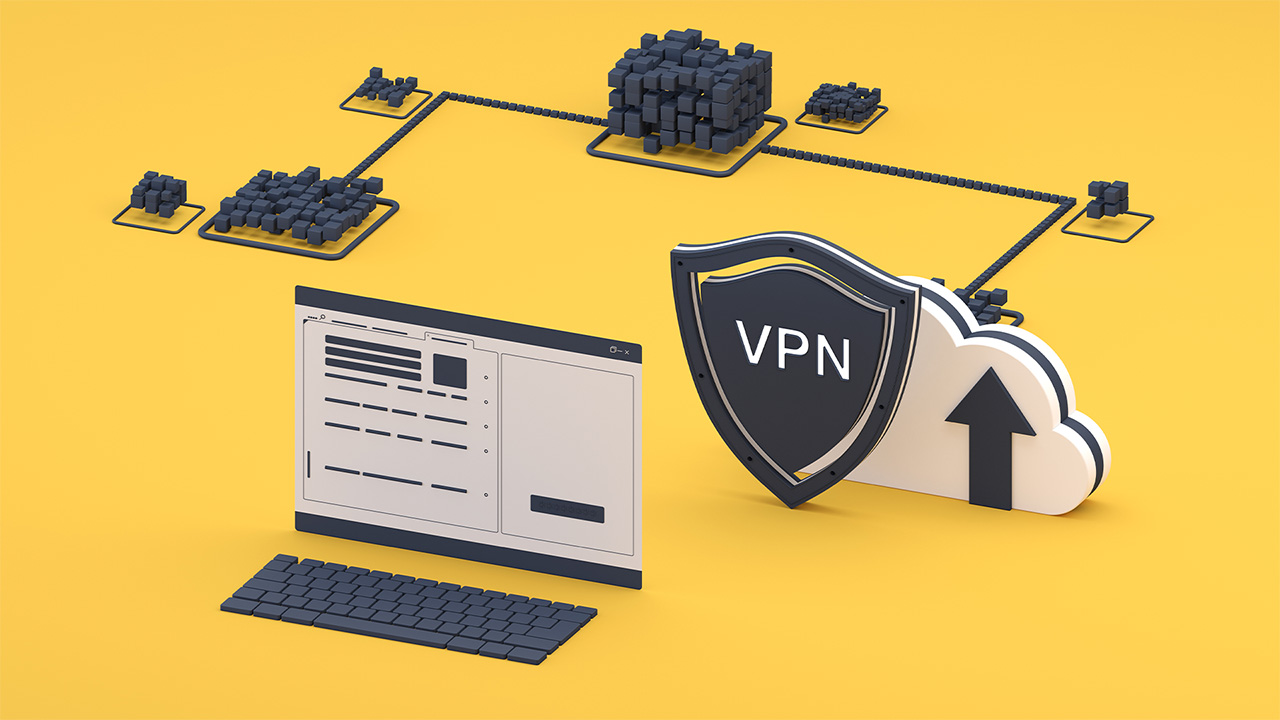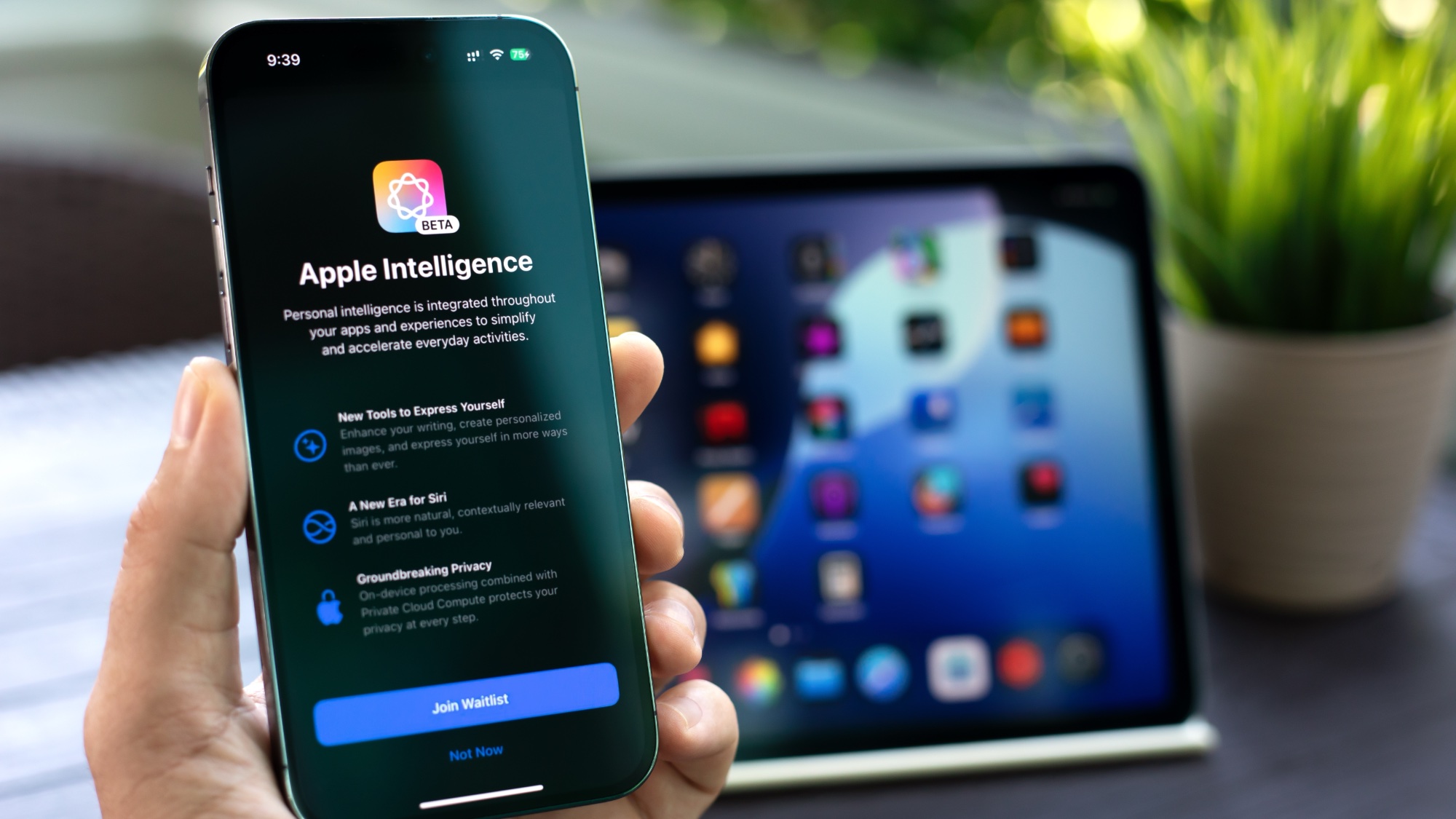Introducing Obscura VPN – the privacy-focused VPN that claims to "outsmart internet censorship"
What do we know about the newest player in the VPN game?

There's a new VPN on the block. Obscura VPN is a new, privacy-focused VPN which claims to "outsmart internet censorship."
Looking to challenge the best VPNs, it launched on macOS on February 11 2025 and is the creation of Carl Dong. Obscura VPN claims it stands out because it doesn't collect any information on its users, and wants to shape the new standard for VPNs going forward.
But how does Obscura VPN work and can it really upset the VPN status quo?
Your traffic can't be seen
We haven't yet had the chance to test or review Obscura VPN and the product is still in its infancy. However, Obscura VPN claims to be the first VPN that cannot log your activity, is specifically built so it can't see your traffic in the first place, and is unable to decrypt it.
It can never see your traffic – saying this is impossible by design. It doesn't log your IP address and emails are not necessary. Users can log in with a randomized account number, with no need for names, emails, or phone numbers.
Whilst you can pay for Obscura VPN with a credit card, this is not a requirement. It incorporates Bitcoin's Lightning Network for better privacy, instant payments, and lower transaction fees.
The standard price of Obscura VPN is listed as $8 per month – but to celebrate its launch, subscriptions to Obscura VPN currently cost $6 per month.
Today is the day: Obscura VPN is NOW AVAILABLE!@obscuravpn is the first VPN that:- CAN'T log your activity by design- Outsmarts network filtersWe believe Obscura sets the standard for a new generation of VPNs, and hope you’ll check it out!👇 Links + more in thread pic.twitter.com/biQBwXhAvmFebruary 11, 2025
Multi-hop
In regions where VPN use is restricted, traffic is scanned for signs of VPN use, and subsequently blocked. Obscura VPN outsmarts internet restrictions by blending in with regular internet traffic and avoiding detection by network filters. It does this through the use of the QUIC protocol and multi-hop servers.
Obscura VPN features a custom obfuscation protocol based on QUIC that mimics regular internet (HTTP/3) traffic to bypass firewalls and censorship and make connections harder to detect and block.
Until now, the only way to use a multi-hop connection – connecting to two different VPN servers in tandem to further obscure your activity – was to use two servers from the same provider. With Obscura VPN, it controls the first hop, whilst Mullvad VPN controls the second. This ensures no single party can see all of your connection information.
This QUIC-based protocol works with the existing WireGuard protocol to provide your traffic with end-to-end-encryption between Obscura VPN and Mullvad VPN's servers. You can read the full technical details in Obscura VPN's blog post.
Today we are announcing a partnership with Obscura VPN, a newly launched two-party VPN service that uses our WireGuard VPN servers as its “exit hop”. Read more here: https://t.co/BxWn9hOuh5February 11, 2025
In practice, you connect to Obscura VPN's servers, the first hop, where your connecting IP address can be seen but is never logged. Your internet traffic is then forwarded onto the second hop – currently operated independently by Mullvad VPN. This exit hop connects you to the internet but never sees your connecting IP address or any identifiable information.
This two-party approach ensures that neither Obscura nor Mullvad can see both your identity and your Internet traffic.
Obscura VPN's source code is publicly available on GitHub so users can verify its claims. Its app displays your exit hop's WireGuard public key on its "Location" page and you can check this against what Mullvad publishes to ensure you're connected via a genuine Mullvad exit hop.
In terms of server size, Obscura VPN is currently limited but is working to add more locations. North America has the most servers right now, with nine in the US and two in Canada. There are also eight servers in Europe and three in Asia.

Obscura VPN is currently only available on macOS and there is no information as to when the app will be available on other devices.
Information regarding speeds, the number of devices covered on one plan, plan lengths, or the presence of a kill switch is unavailable at the time of writing. We have reached out to Obscura VPN to clarify these questions and will update this article accordingly when we receive a response.
Disclaimer
We test and review VPN services in the context of legal recreational uses. For example: 1. Accessing a service from another country (subject to the terms and conditions of that service). 2. Protecting your online security and strengthening your online privacy when abroad. We do not support or condone the illegal or malicious use of VPN services. Consuming pirated content that is paid-for is neither endorsed nor approved by Future Publishing.

George is a Staff Writer at Tom's Guide, covering VPN, privacy, and cybersecurity news. He is especially interested in digital rights and censorship, and its interplay with politics. Outside of work, George is passionate about music, Star Wars, and Karate.
You must confirm your public display name before commenting
Please logout and then login again, you will then be prompted to enter your display name.
